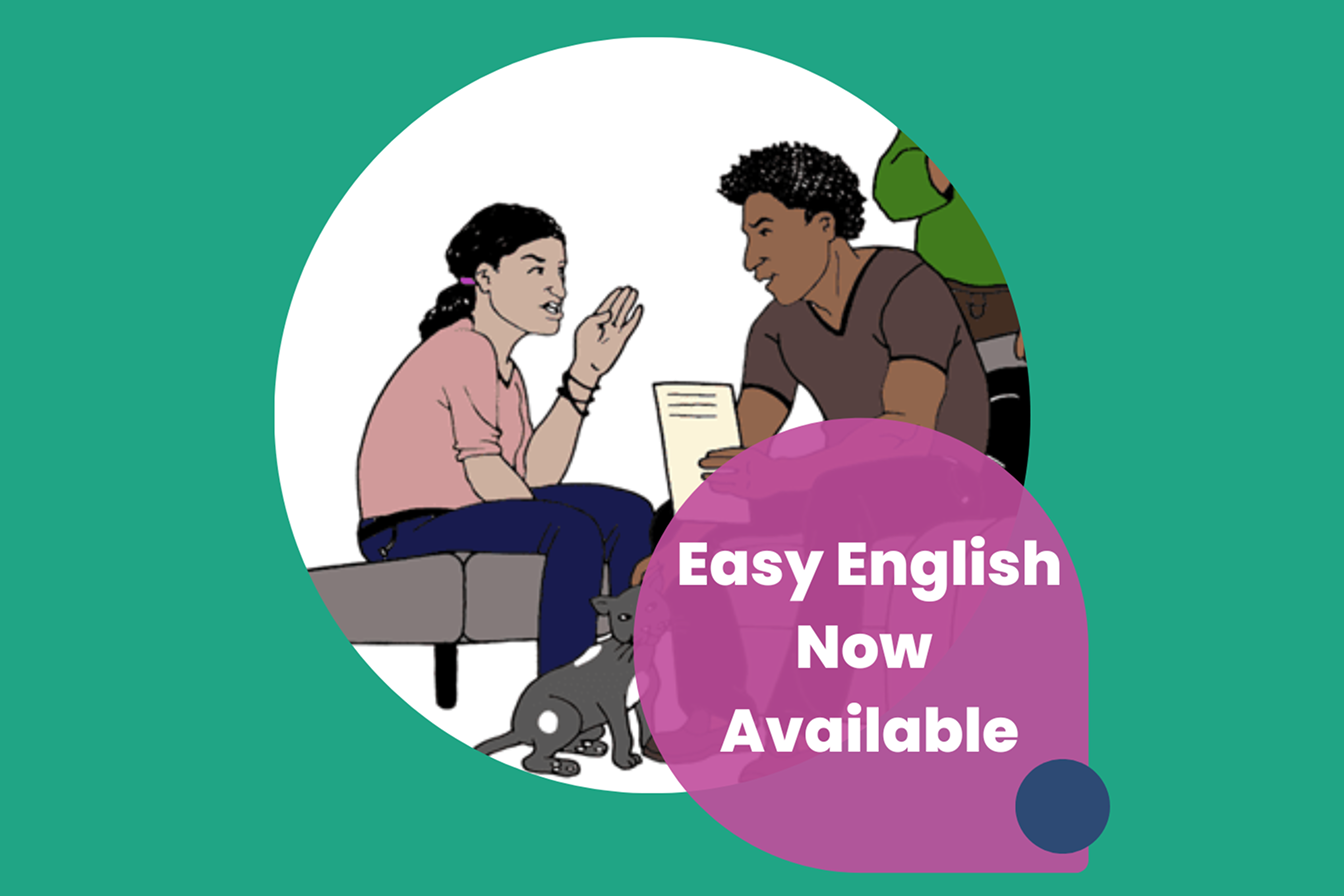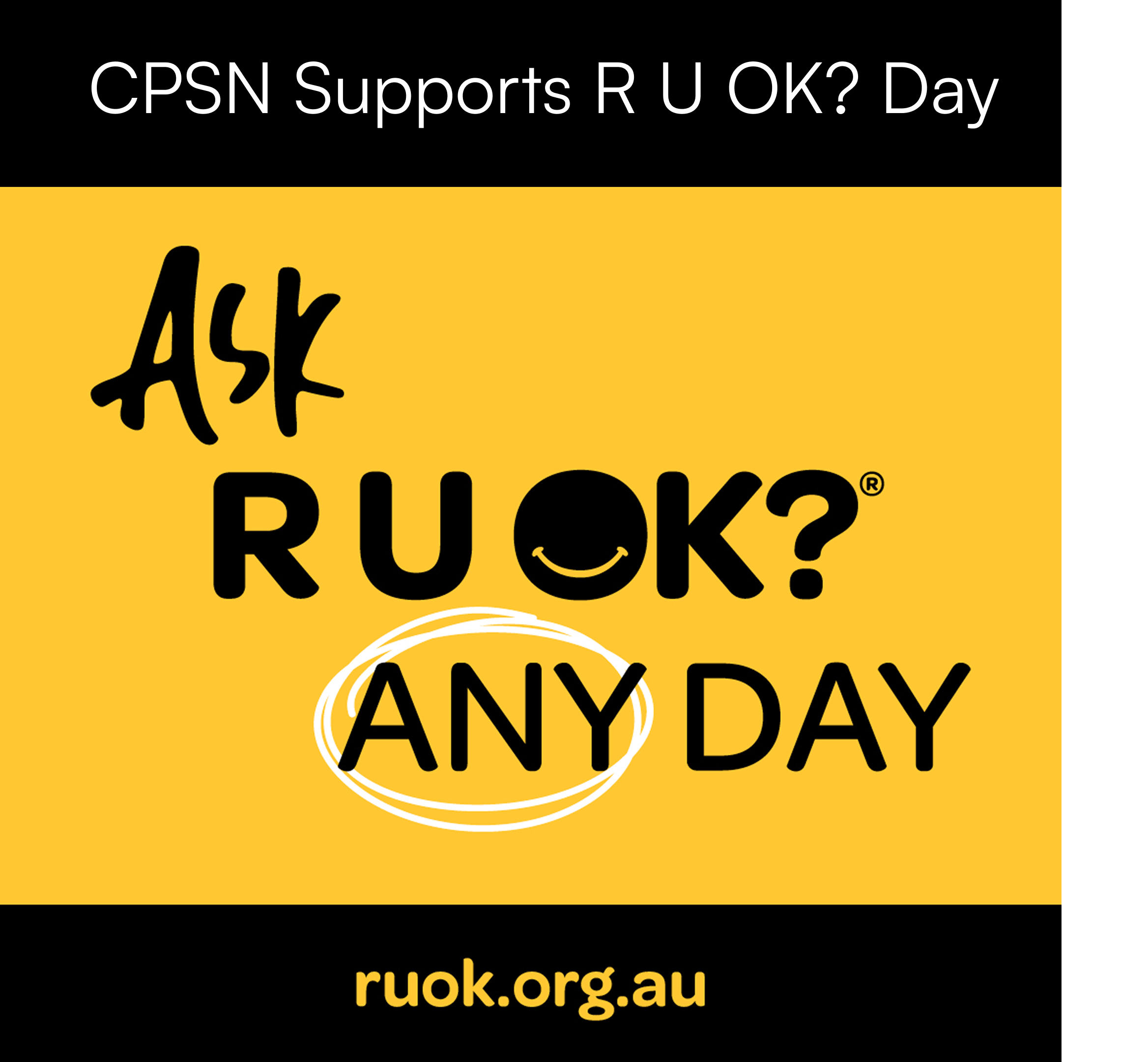Written by Natalie Corrigan
- 63% of disabled women have been unable to attend a cervical screening due to their disability.
- 88% found appointments harder because of their impairments.
- 49% have chosen not to attend appointments due to previous bad experiences or worries surrounding how others might react to them.*
Reading these statistics, I can't help but relate to them. As a woman with a disability, attending my regular cervical screenings have been a source of ultimate dread since I was 18 years old.
The constant muscle spasms that I experience from cerebral palsy have been the icing on an already unpleasant cake. My GP, who has treated me since I was a little girl, has been fantastic at managing my nerves. I have this habit of delaying and avoiding a cervical screening for months, sometimes a year or more at a time.
Every five years, I'd go to my doctor's office for a prescription or a check-up, and she'd say, "I don't want to pressure you, but it's overdue. Do you want to get it over with?"
Complications Beyond the Physical
For people without disabilities, a cervical screening conjures up two minutes worth of discomfort and awkwardness. But for women with disabilities, this straightforward procedure quickly becomes unnecessarily complicated.
Enhance the UK (ETUK) is an overseas organisation that aims to change social attitudes towards disability. They believe there are multiple barriers people with disabilities face when accessing these types of crucial medical treatments; and that the barriers are not purely physical. ETUK currently runs a campaign called #CervicalScreeningRedTape, highlighting the importance of women with disabilities accessing cervical screenings.
"There is an assumption that many disabled women are not sexually active, so the offer of cervical screening often gets overlooked," says ETUK.
"Physical access can be a real issue, people getting into the surgery or if they can get into the surgery getting up onto the bed to have the screening can be problematic. Quite often, there isn't a discussion around positioning and how to comfortably get the speculum inside the vagina, for example."
Finding Solutions
Women with disabilities can work with their doctors to navigate this issue, for some techniques like lying sideways or using a lubricant can make inserting the speculum easier.
ETUK explain that there are better strategies doctors can utilise to understand the needs of patients with disabilities. "More information needs to be gained by asking disabled women 'do you have any access needs?' and 'what can we do to make your experience more accessible and comfortable?'"
According to Women with Disabilites Victoria, women with disabilities have reduced access to health information, screening, prevention, and care services. Furthermore they suggest providers should, "Listen to women with disabilities: women's own view of their health needs must be a central part of their health care."
Physicians can also make things easier by making it standard practice to ask patients about their access needs before any appointment. Tuning in to the patient's requirements and listening is crucial.
Supporting Those with Complex Needs
Recognising that people with intellectual disabilities have sexual health and reproductive rights has been a constant battle that advocates have had to push for. When it comes to more complex barriers like intellectual disabilities, organisations like Family Planning Victoria provide great tools and videos that explain the cervical screening process in Easy English, hopefully making the process less confusing and distressing.
Women uncomfortable with cervical screenings can now do self-collection tests; this may be a practical alternative for some. the current availability of options like this reflects a shift in how medical practitioners consider their patients' needs.
The importance of cervical screenings shouldn't be underestimated. The risk of cervical cancer is higher in not regularly tested women. The peace of mind regular testing gives you is invaluable.
Wanting to learn more about cervical screenings and disability? Tune into the Enhance the UK podcast here. You can also reach out to our telehealth nurse, Amy, on 03 9478 1001.
This was written by Natalie Corrigan. Natalie is CPSN's Membership and Communications Officer and has lived experience with cerebral palsy. Natalie also hosts CP Diaries - a video series exploring the lives and personal stories of people living with cerebral palsy.
Would you like to share your story? Get in touch with Natalie on (03) 9478 1001 or via email: cpsn@cpsn.org.au
*Jo's Trust, 2019

CPSN




